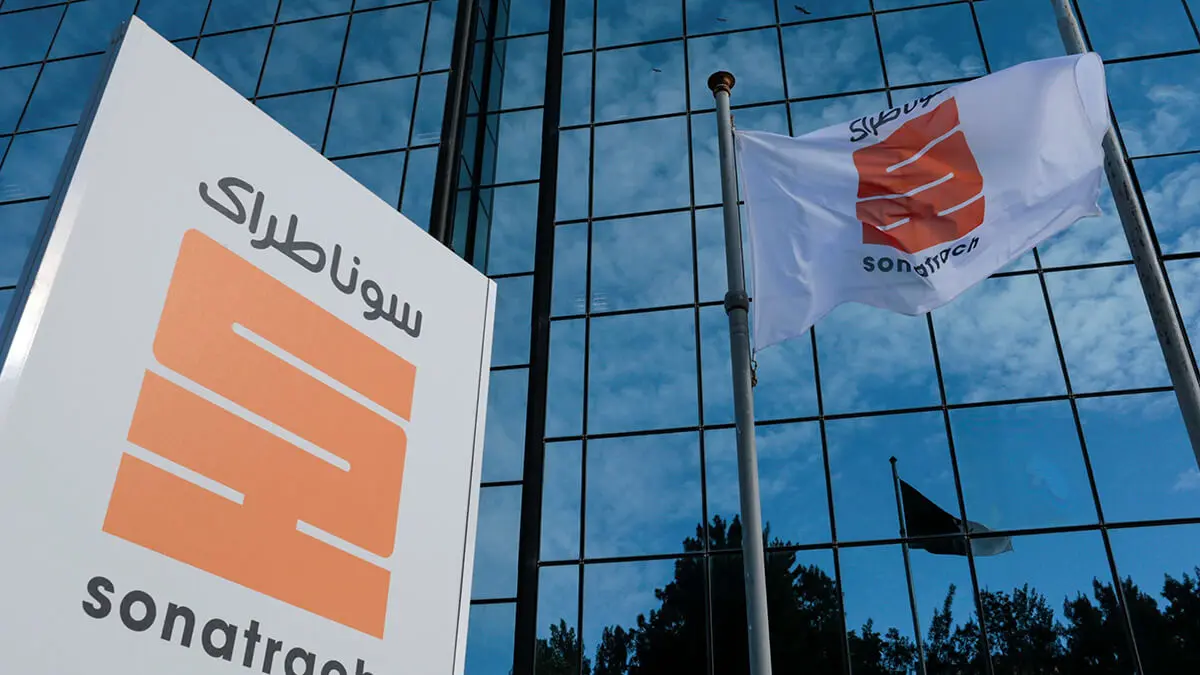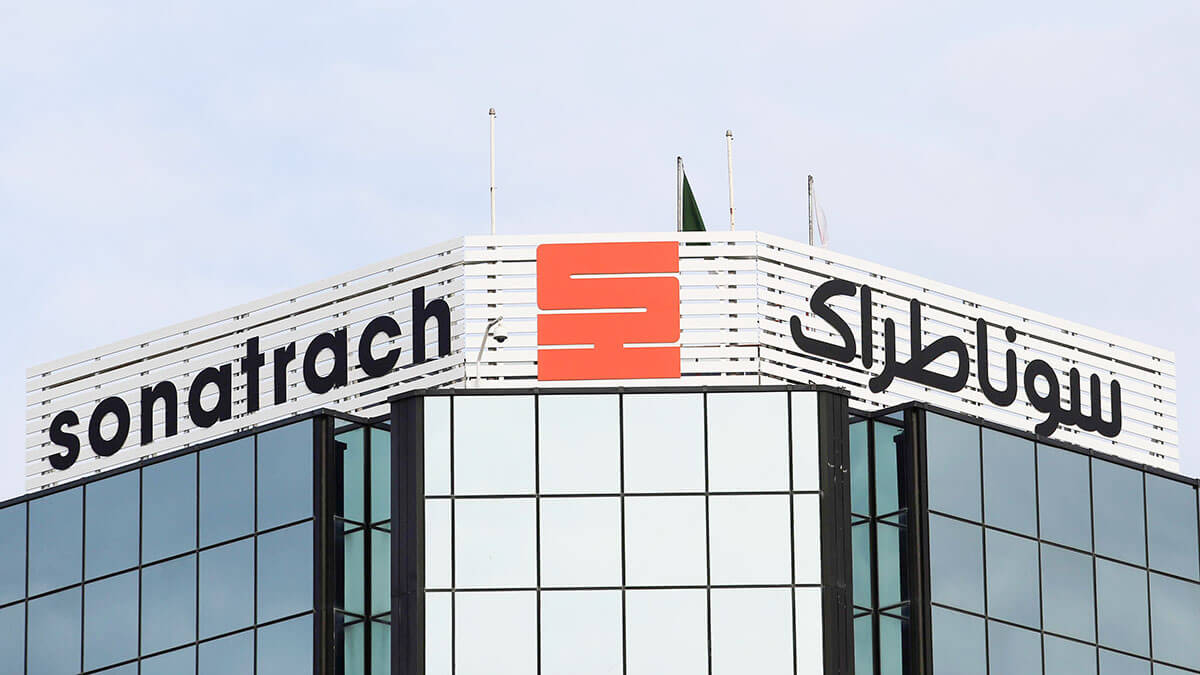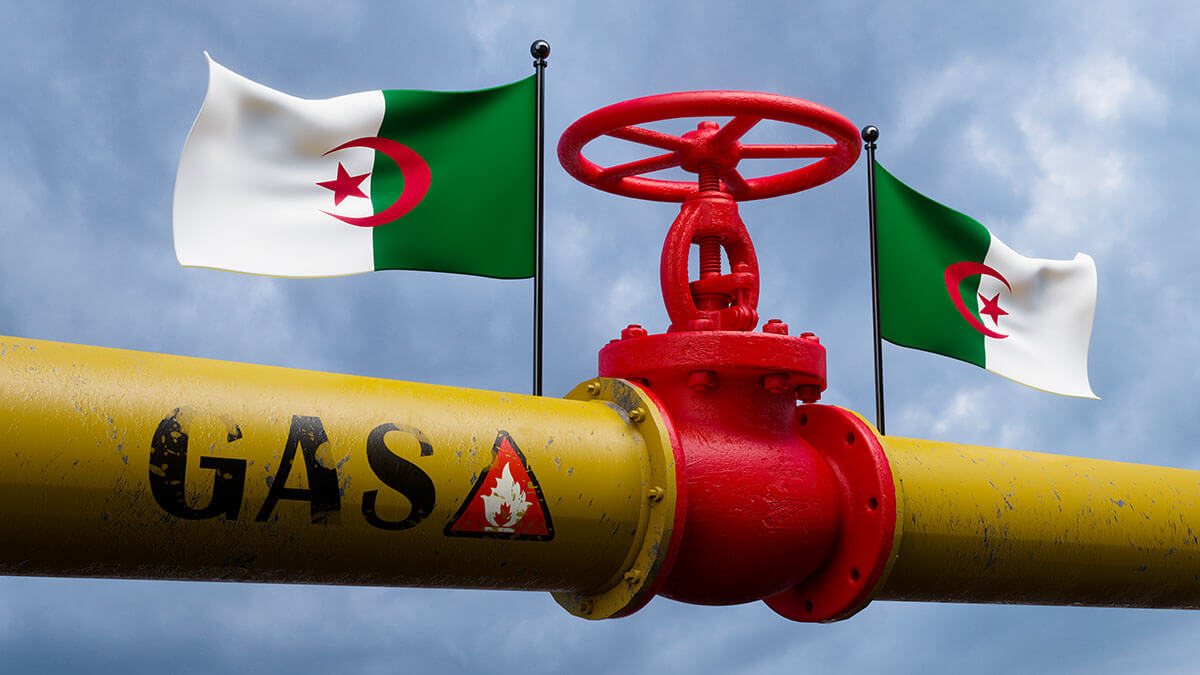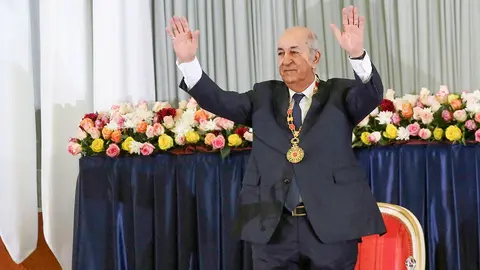The alliance between Sonatrach and Eni seeks to boost joint gas and oil production

Sonatrach aims to expand its portfolio of activities and strengthen its participation in European and international markets, highlighting the energy sector as a focus for the company.
The creation of this strategic alliance between the Algerian state-owned company Sonatrach and the Italian group Eni has led to a commitment to explore and research the perimeter of the Zemoul El Kbar field in the province of Ouargla. This is covered by three contracts, i.e. over 30 years, with the possibility of a ten-year extension and a specific research period of seven years.
The contract was signed at Sonatrach's headquarters by its CEO, Rachid Hachichi, and Claudio Descalzi representing the Italian side, in the presence of senior executives from the energy sector.
According to Sonatrach's Facebook post, the completion of the deal complies with the agreement signed between the parties in May last year. In 2022, the state-owned corporation announced an expansion strategy extending to 2026 to meet its objectives of strengthening its operations and maintaining growing production. To this end, it has invested $39 billion.

The field to be explored is located in the Berkine basin, 300 kilometres from the country's oil centre, Hassi Messaoud. Approximately $1.35 billion has been allocated to the field, with $110 million going directly to research. Expected production is estimated at around 415 million barrels of oil and 9.3 billion cubic metres of gas. Official data show that Algeria already produces 913,000 barrels of oil per day, in line with the OPEC+ alliance agreement to reduce production and make voluntary cuts.
The work associated with the project includes innovative technological methods, such as the latest digital exploitation measures, production improvement and reserve recovery. The contract framework also includes opting for local content and customers.
Under the 2019 law, production-sharing agreements between Sonatrach and other foreign companies are permitted. However, although this legal framework acts to attract investment, criticism persists within economic and popular circles.
In addition to the exploration and exploitation contract, both parties have signed another gas agreement to agree on the marketing of dry gas. Algeria produces 130 billion cubic metres of natural gas per year, of which it exports more than 55 billion and consumes 50 billion on the domestic market.

Sonatrach has also signed an agreement with Eni Corporation University to develop the skills and knowledge transfer of Algerian company workers over a three-year period.
The entity is guided by the 2030 strategy and aims to develop investments in the country worth $50 billion in the medium term, including $45.8 billion for production and exports, $8.6 billion for refining and petrochemicals, and $2.3 billion for pipeline transport.
In July 2023, Sonatrach managed to increase its gas production by entering into a partnership with the French group Total Energies worth $739 million with the aim of developing the Ten Foy Tabencorp and Ten Foy Tabtkurt South fields. Also, in the summer of 2022, it signed another agreement with the US company Occidental, Total and Eni worth $4 billion to increase oil barrel production.
Algeria is the world's first and seventh largest exporter of gas and an important member of OPEC+. However, exports have been limited by the need to modernise infrastructure and increases in domestic consumption. Despite this, the nation is emerging as an investment destination and is moving forward with its ambitions to develop energy sector infrastructure.









